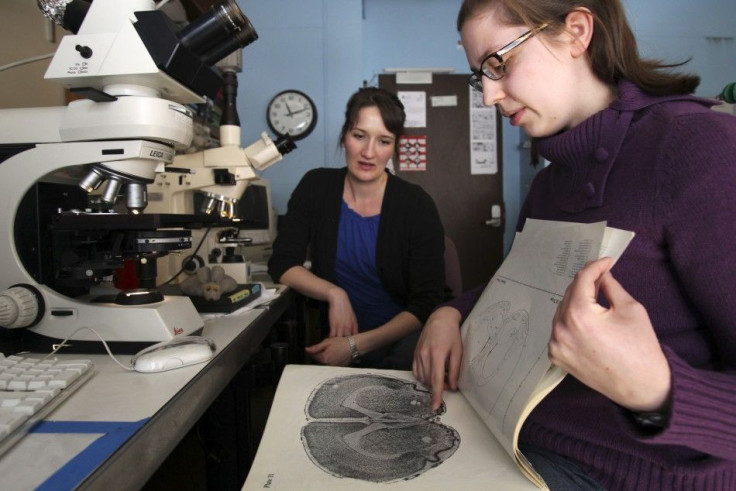Black Scientists 'Far Less Likely' to Recieve Grant Funding than Whites : Disturbing Study is a 'Wake-up Call'

A recent analysis of research grant data by the U.S. National Institutes of Health (NIH) reveals a disturbing and pervasive trend: White scientists appear to be at a significant advantage in receiving funding for biomedical research, based on nothing more than the color of their skin.
The findings were published in the Aug. 19 issue of the journal Science. Black Ph.D. scientists-and not other minorities-were far less likely to receive NIH funding for a research idea than a white scientist from a similar institution with the same research record, the article said. A black scientist was more than ten percentage points less likely to secure a grant than a white scientist of identical merit: A survey based on of 80,000 grant applications to the NIH made by 40,000 researchers found that white applicants had a 29% acceptance rate while black scientists with the same credentials were successful only 16% of the time.
The analysis was performed after NIH officials observed a dearth of minority scientists receiving grants. The study attempted to identify other variables besides race that could account for the disparity in success rates, but could not -- despite the fact that peer reviewers are not informed of a grant applicant's race.
I was deeply dismayed, NIH Director Francis Collins told Science. This is simply unacceptable that there are differences in success that can't be explained. While Collins believes that flagrant, intentional racism is rare, he said that more subtle kinds of bias -- such as the reviewer inferring an applicant's race based on cues in the application -- may be influencing grant decisions.
NIH contracted with Discovery Logic/Thomson Reuters and research economist Donna Ginther of the University of Kansas, Lawrence to author the study. While Gitner characterized the success rates for black and white scientists as shockingly differenent, she conceded the possibility that the applications themselves from black scientists might be of a lower quality than similiarly qualified white scientists who may benefit from a cumulative advantage in grant writing, through better access to resources that can aid a grant application. But Richard Morimoto of Northwestern University pointed out that the same bias would extend to Hispanic applicants if that were the case, but blacks were the only race observed to be at a disadvantage in the study's findings.
As uncomfortable as it makes us, we must acknowledge that the differences observed may reflect biases that are insidiously interwoven into the basic fabric of the merit/reward system of science, NIH Director Francis Collins and Principal Deputy Director Lawrence Tabak wrote in a separate article published in the same issue of Science.
Raynard Kington, an African-American former NIH deputy director, now president of Grinnell College in Iowa, and last author of the study, said: This shouldn't be news. What it should be is a wake-up call.
© Copyright IBTimes 2024. All rights reserved.






















